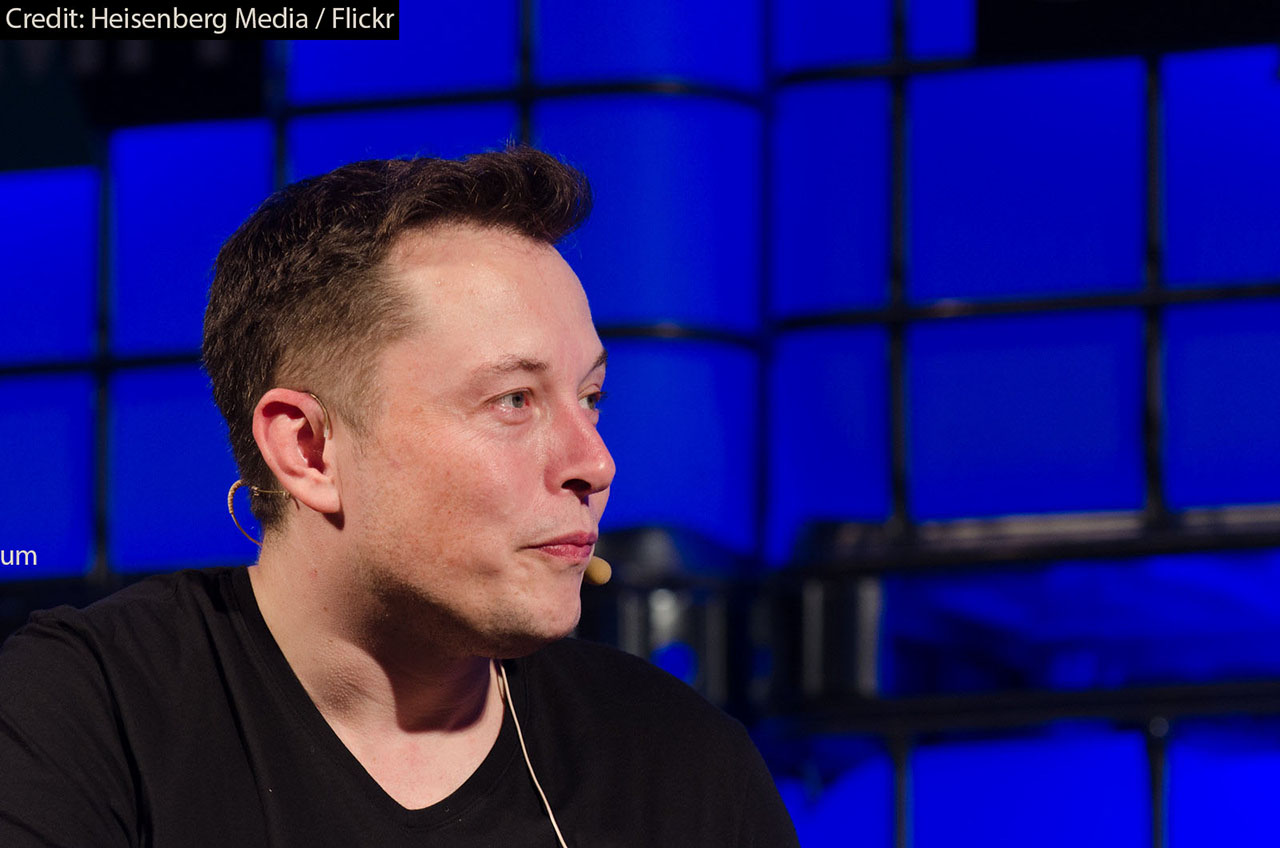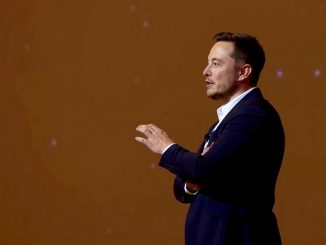Elon Musk has issued a stern warning to the Fed. The CEO of Tesla (NASDAQ:TSLA) and SpaceX tweeted Friday evening that the Central Bank’s hawkish stance and another major rate increase may lead to deflation.
Musk’s warning came as a result of an analysis conducted by Ark Investments CEO Cathie Wood, who said that “[l]eading inflation indicators like gold and copper are signaling the danger of deflation.” In her analysis, Wood also said that the Fed is basing its monetary policy decisions “on lagging indicators: employment and core inflation.”
Both Musk and Wood are correct in their evaluations. Multiple side effects have resulted from the Fed’s aggressive stance. The initial jobless claims, for example, show a sudden increase in unemployment. Also, the World Bank has cautioned that if the Fed continues with its tightening quantitative program, with the goal of reducing its $8.9 trillion bond portfolio, this will cause a global recession in 2023. In addition, the United Nations has announced that another global recession is likely to occur if the central bank doesn’t change its current hawkish policy.
However, Elon Musk thinks that deflation, not inflation, is the more likely outcome.
Inflation is one of those words that gets thrown around quite a bit, but few people actually stop to think about what it means. Inflation is simply defined as the rise in the price of goods and services over time. While this may not seem like a big deal at first glance, inflation can have a major impact on the economy.
For businesses, inflation can eat into profits and make it difficult to keep prices stable. For consumers, inflation can erode purchasing power and make it harder to afford everyday items. In extreme cases, high inflation can lead to economic crises. As a result, it’s important to keep an eye on inflation levels in order to maintain a healthy economy.
Deflation, on the other hand, occurs when prices fall and the value of money increases. While it might sound like a good thing at first, deflation can actually be quite harmful to the economy. That’s because people tend to delay purchases when they know prices will be lower in the future.
This decrease in spending can lead to less production and fewer jobs, which can hurt the economy as a whole. Additionally, debt becomes more difficult to repay when prices are falling, since the same amount of debt is worth more money in a deflationary environment. As a result, deflation can lead to economic stagnation and even depression.
So while a little bit of deflation might not seem like a big deal, it can actually have a major impact on the economy.
Despite the increased risks, the Federal Reserve is expected to stay on its current course. In fact, Minnesota Fed President Neel Kashkari said in a speech on Thursday at a banking conference in Minnesota that there is no evidence to suggest that inflation has peaked.
However, Kashkari’s comments have not received a warm reception from the market. A well-known influencer, @zerohedge, states that every large bank on Wall Street, believe inflation has peaked. So does Musk. In fact, the world’s richest man said in August that inflation has peaked and “is going to drop rapidly.”
Disclaimer: This page contains affiliate links. If you choose to make a purchase after clicking a link, we may receive a commission at no additional cost to you. Thank you for your support!





Leave a Reply